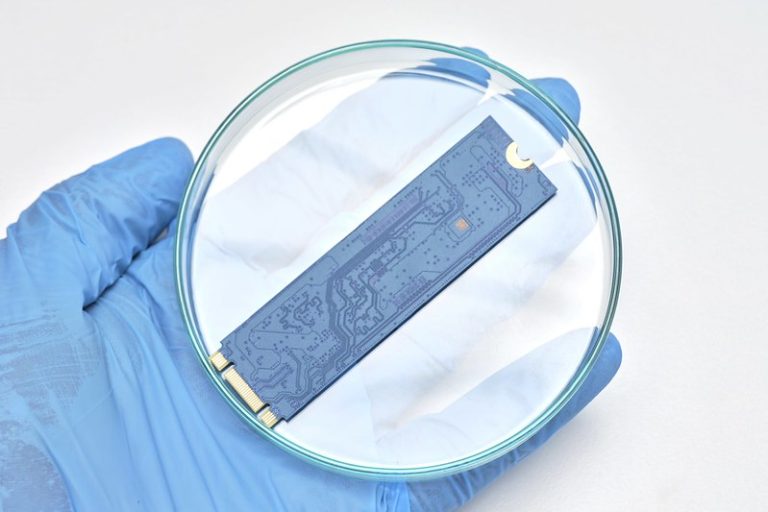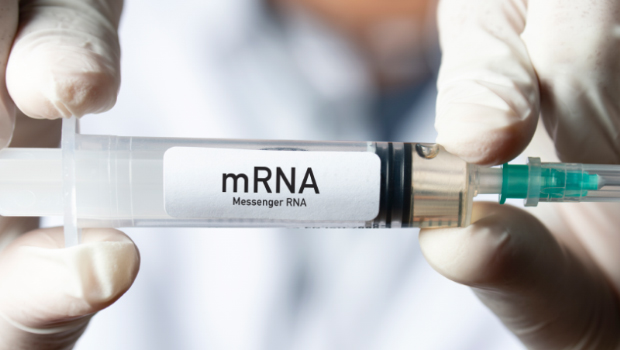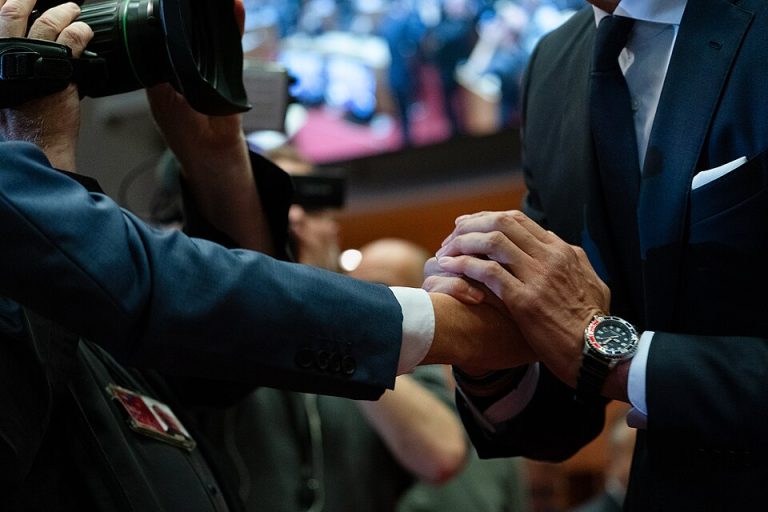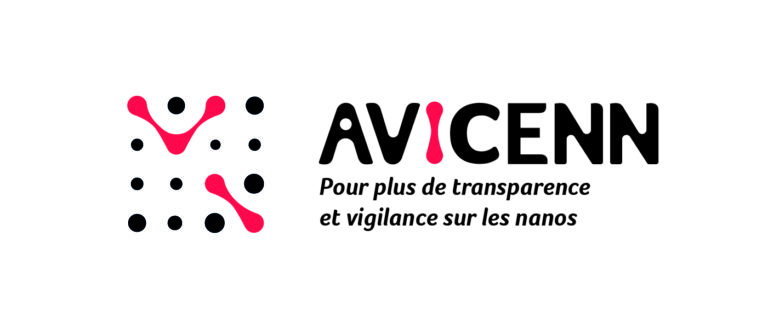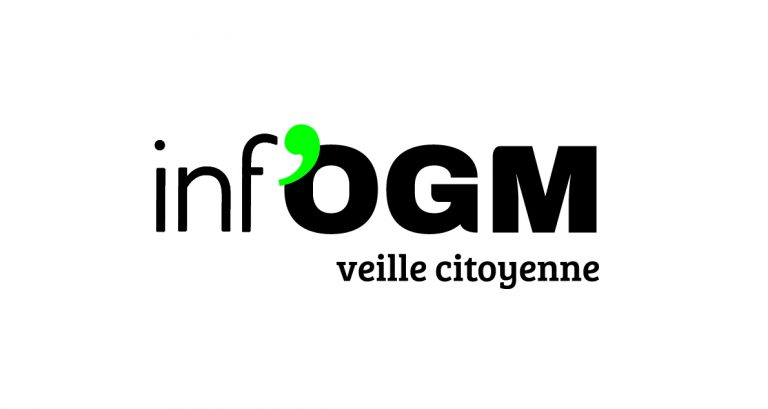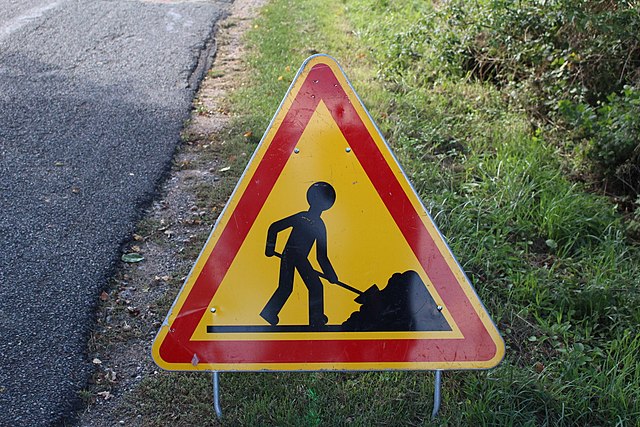EFSA: independence and transparency to be improved

Commissioned by the European Parliament, a recent report examines the independence and transparency policies of the European Food Safety Authority (EFSA). The agency is responsible for issuing scientific opinions on applications for authorisation to market GMOs. The report concludes that it can do better.
Created in the wake of the mad cow crisis and other animal health problems of the 1990s, the European Food Safety Authority (EFSA) is responsible for risk assessment in the fields of food safety, animal health and welfare, plant health and nutrition. In the area of GMOs, it is responsible for providing scientific opinions on marketing authorisation applications submitted by companies. These opinions serve as a basis for the European Commission’s proposals to authorise the placing on the market of GMOs.
Since its creation, EFSA has been the subject of much criticism concerning its links with industry and the way it handles conflicts of interest, whether it be on the issue of pesticides, gene drive, endocrine disruptors, aspartame, etc. Over the years, several EU institutions, including the European Parliament, have issued recommendations for EFSA to improve its practices.
How does EFSA, which “should be an independent scientific source of advice, information and risk communication”, apply these recommendations and the principles of transparency and independence enshrined in the European regulation establishing it [1]? This is what the European Parliament’s Environment Committee wanted to know. At its request, a report on EFSA, published on 13 April 2023, was produced by three law professors from the University of Maastricht (Netherlands) [2]. The report examines how EASA has implemented the legislative provisions and whether the rules and practices it has adopted, particularly in response to the various recommendations, can be improved.
Unclear definitions
Overall, the report assesses positively EFSA’s policies of transparency and independence. However, issues requiring improvement are identified. The authors note that the definition of conflict of interest, as set out in the 2017 EFSA independence policy document, has limitations [3]. The definition is too narrow, in particular because it does not explicitly include potential conflicts, political pressure and national interests.
The report also notes a lack of clarity in the definitions of “experts” and “external experts”, both in rules and practice. This distinction is made in the European Regulation establishing EFSA [4]. However, on EFSA’s website, the members of the Scientific Committee and Scientific Panels are listed as “external experts” even though they fully make part of EFSA. This is questionable as EFSA’s rules on the selection of members of the Scientific Committee and Scientific Panels don’t contain specific provisions for external experts. For the authors of the report, “more clarity of the definitions of the various kinds of ‘experts’ is needed in view of the applicability of different CoI rules (editors note: conflict of interests rules)”.
Conflict of interests management to be improved
As regards the practical management of conflicts of interest of scientific experts, the report states that, over the period 2018-2022, 94 situations of conflict of interest have been identified and prevented (data from EFSA’s annual reports). Five concern the GMO sector, but the cases are not detailed. This is a small number compared to the 36 and 28 cases identified in the areas of animal health and welfare and pesticides respectively. The authors note, however, that”statistics concerning conflicts of interests screening are not conclusive due to the reprioritisation of some independence-related activities during the COVID-19 pandemic“. Why and on the basis of what criteria was the implementation of EFSA’s independence policy hindered? For what purpose? These questions remain unanswered because the criteria underlying the reprioritisation have not been made public by the Authority.
The same lack of transparency is also reflected in the granting of waivers for experts with a conflict of interest. Waivers are granted by the Executive Director of EFSA. Decisions granting a waiver are recorded in the minutes of the meetings and in the ensuing scientific output (opinions, reports, guidelines, etc.). But, as the authors of the report note, “(t)he criteria for the granting of a waiver to members of EFSA’s working groups and peer review meetings do not appear sufficiently clear and there is no obligation to communicate or publish the decisions granting a waiver.”. EFSA granted waivers in more than half of the conflict of interests cases identified between 2018 and 2022.
Experts falling out of scope of the rules, industry links and “revolving doors”
Above all, there remain major blind spots in the management of conflicts of interest. Certain categories of experts are not subject to the rules applicable to conflicts of interest. This is particularly the case for hearing experts, or for members of national organisations which may be entrusted with preparatory work for EFSA’s scientific opinions (referred to in Article 36 of the Regulation establishing EFSA). Although these experts must submit a declaration of interests, the Authority does not carry out any screening, assessment or validation. According to the authors of the report, clarification is needed to “help ensuring the actual and perceived consistency of EFSA’s independence policy”.
Another loophole more specifically concerns the links between scientific experts and industry. According to the current rules, when a scientific expert has received private sector funding exceeding 25% of the total research budget he/she manages, a two-year cooling-off period applies before he/she can join an EFSA Scientific Panel whose mandate overlaps with the research area under his/her concern. In 2022, the (French) National Commission on Ethics and Alerts in Public Health and the Environment recommended extending the cooling-off period to five years. The European Parliament proposed removing the 25% threshold. It also asked EFSA to screen the interest against its overall remit (ie to provide independent and transparent scientific advice to policymakers) and not only against the mandate of the relevant scientific group (to provide advice on the food, health and environmental safety of GMOs, for example). However, EFSA fears that the number of experts at its disposal will decrease if such rules were implemented. In 2017, the Authority said that requiring scientific experts to wait five years after ending any conflicting or commercial interests before joining scientific groups “would result in a loss of roughly double the current expertise lost with 2 years cooling off“ [5].
The authors of the report commissioned by the European Parliament remain cautious on the issue. They merely conclude that “(f)urther explanation […] would be desirable, especially considering that EFSA has opted for the shortest cooling-off period among the agencies [editor’s note: of the European Union] which adopt cooling-off periods”. If the cooling-off period were five years, as it is at the European Chemicals Agency, if the 25% threshold were removed and if the conflicts of interests were assessed in the light of EFSA’s overall remit, several current members of the GMO Scientific Panel would probably not have been appointed. Among them, Fabien Nogué, who indicates in his declaration of interests that he is project leader of two research projects co-financed by Inrae and Limagrain for one (from June 2021 to June 2022), Corteva for the other (this project is still ongoing). Mr Nogué states:”(t)he research (co)funding I received from the private sector in the latest full budget year, and for the areas covered by the Panels, does not exceed 25% of the total annual research budget that is managed by me“. The same goes for Leslie Firbank, who says he has received funding for research projects (which are not related to GMOs) from several companies, including DSM UK and CHR Hansen. Both of these companies are also suppliers of products resulting from genetically modified micro-organisms, especially for the food and feed industry.
Finally, the last blind spot concerns the ’revolving doors’ practice. Despite recommendations from the European Ombudsman, the EU Court of Auditors and the European Parliament, EFSA has not adopted measures to prohibit senior staff from taking up specific positions after their term-office, nor internal procedures to restrict access to confidential information when a staff member moves to another job.
Such rules might have prevented the case that occurred in May 2012, when Diana Banati, the Chair of EFSA Management Board, resigned from her position to become the Executive Director of the International Life Sciences Institute (ILSI), a major food industry lobby group [6]. In response, the European Parliament postponed EFSA’s budget discharge for six months. There was also the case of Suzy Renckens, who in 2008 left her position as head of EFSA’s GM Unit to take up a position as a lobbyist for the biotech company Syngenta [7] .
The report also points shortcomings in the declaration by academic experts of the financial relationships between their university employers and their university employers’ industry partners. More generally, there remain grey areas in terms of transparency (delays in the reply to requests for access to documents, publication of the CVs of the executive director and members of the scientific panels, publication of scientific opinions and data, etc.). However, the report does not address the issue of language barriers to access to information [8] .
Will this report contribute to closing the remaining loopholes in EFSA’s independence policy? In 2019, an investigation by the NGO Corporate Europe Observatory (CEO) revealed that half of the EFSA experts tasked to assess gene drives had financial links with organisations developing the technology [9]. According to CEO, one of the experts should not even have been appointed under EFSA’s own internal rules…
[1] Recital 35 of Regulation (EC) No 178/2002 of the European Parliament and of the Council of 28 January 2002 laying down the general principles and requirements of food law, establishing the European Food Safety Authority and laying down procedures in matters of food safety.
[2] Vos, E., Volpato, A., Bellenghi, G., publication for the Committee on Environment, Public Health and Food Safety (ENVI), Policy Department for Economic, Scientific and Quality of Life Policies, Parlement Européen, « Independence and transparency policies of the European Food Safety Authority (EFSA) », 2023.
[3] EFSA, « EFSA’s policy on independence », 21 June 2017.
[4] The regulation distinguishes the members of the Scientific Committee and the Scientific Panels, on the one hand, and the external experts participating in their working groups on the other hand.
[5] EFSA, « Draft policy on independence Addressing the input from the public consultation », 21 June 2017.
[6] D. Keating, « EFSA chair resigns over conflict of interest », Politico, 9 May 2012.
In 2010, José Bové revealed that Diana Banati, while chairing the EFSA board, also held an undeclared position on the board of ILSI. See:
![]() OGM Dangers, « Mme Banati et l’indépendance des experts… », 4 November 2010 ;
OGM Dangers, « Mme Banati et l’indépendance des experts… », 4 November 2010 ;
![]() , « UE – Le lobby OGM continue de s’implanter dans les instances européennes », Inf’OGM, 29 September 2010.
, « UE – Le lobby OGM continue de s’implanter dans les instances européennes », Inf’OGM, 29 September 2010.
[7] , « UE – Porte tournante entre l’AESA et Syngenta », Inf’OGM, February 2010.
[8] , « Transparente, la Commission éparpille les informations », Inf’OGM, 5 April 2022.
[9] CEO, « EFSA gene drive working group fails independence test », 28 June 2019.





